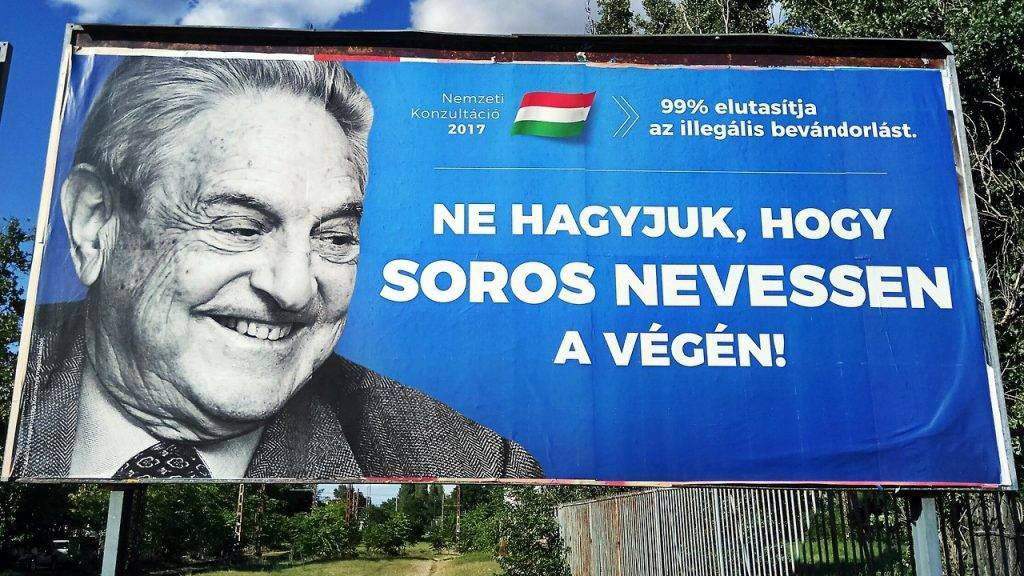Residency bonds: 20,000 immigrants came

According to Magyar Nemzet, 19,885 people received a national permanent residence permit based on newly published data of the Immigration and Asylum Office (IAO). Compared to that, the government chose the protection of Hungary from immigrants to be their leading message in the 2018 electoral campaign. As we reported, opposition parties strongly criticized the bond program before. To their mind, it gave perfect opportunity for even potential terrorists to come to Hungary and gain free movement within Schengen, if they pay the required money. Therefore, the government suspended the program in March with a decree. However, this means that they can start it again whenever they want.
Residency bonds: the business of the cabinet minister?
More than six months passed since the government suspended the residency bond program in March. However, IAO published the number of immigrants gaining a national permanent residence permit only nine months later. In contrast, the decree suspending the program prescribed unambiguously that
data should have been published by at least September.
But this is not the only problem regarding the program.
According to their data, thanks to the program 6,358 third-country nationals have received national a permanent residence permits so far. As we reported, they had to register state bonds worth of 300 thousand EUR and pay further 45-60 thousand EUR service charge. However, the Hungarian state guaranteed a 29 thousand EUR yield to all investors after 5 years. In addition, the program was
organized by offshore companies all having strong connections to Head of Cabinet of the Prime Minister, Antal Rogán.

All in all,
the program was a success for both third-country nationals and offshore companies, while Hungarian tax payers bear the burden of paying back the money with interest.
Thus, it is not surprising that the strongest opposition party, Jobbik, would have liked to incorporate the ban of the program into an amendment to the constitution, because they considered it non-transparent and dangerous to national security. However, government parties outvoted them.
Protecting Hungary from immigration?
According to IAO, an additional 13,300 immigrants received a national permanent residence permit through family reunification. However, the office does not have data on those who received only a national residence permit. Therefore, the final number of the recipients might become higher.
All in all, at least
19,885 foreigners took part in the government’s residence bond program
facilitating immigration. This number is 15 times higher than the number of immigrants Hungary was expected to receive by the EU. In addition, the government chose the protection of Hungary from immigrants to be their main message in the 2018 electoral campaign. To put it in another way,
we have topped the so-called Soros plan in 15%.

Are the numbers correct?
Magyar Nemzet did some research on the numbers regarding the residency bonds program, because those do not agree with what IAO communicates. For example, according to IAO 6,585 people received national permanent residence permit as an investor. However, offshore companies organizing the program registered state bonds for 6,570 people. Thus, it seems that 15 people received one of the two kinds of residence permit without registering state bonds.
Magyar Nemzet asked IAO about the controversial data, but it has not received any answers yet.
In fact, foreigners from 58 different countries received national permanent residence permits. Most of them are Chinese, but
many came from Muslim countries like Iraq, Afghanistan or Iran.
In addition, it is interesting that even Americans, Australians and people from New-Zealander took part in the program.
Photo: Balázs Béli
Source: mno.hu





